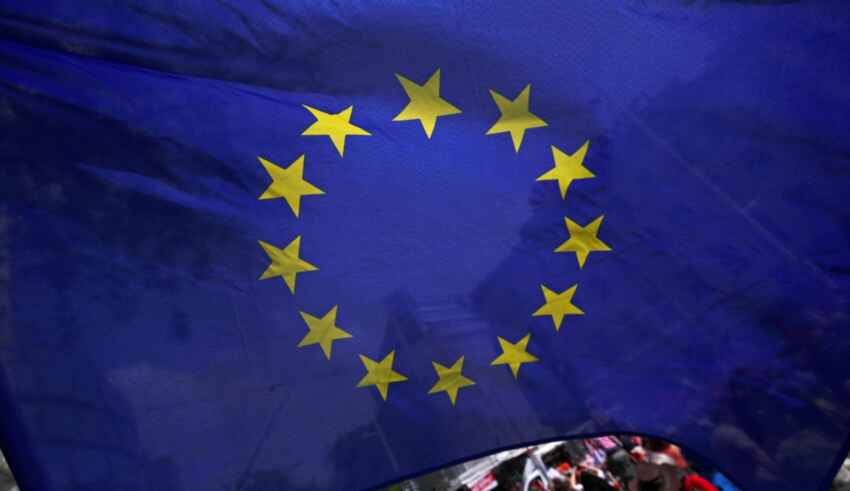
The EU elections are almost one year way and the parties have already, unofficially start their campaigns. The largest political party in the European Parliament, the European People’s Party (EPP), is the one that represents center-right and conservative political views, at least until now. As the 2024 European elections approach, migration policy will be a crucial issue for the EPP, as it seeks to balance the need to control migration with the need to uphold humanitarian values and respect for human rights.
One of the main challenges which EPP will have to face is the rise of far-right and populist parties across Europe. Le Pen in France, Melloni in Italy and many more far-right leader are expecting to see their share of the electoral pie to increase. These parties have been gaining ground in recent years, fuelled by concerns over irregular immigration and the perceived failure of traditional political parties to address the issue. The EPP, as the party that faces the biggest threat to its electoral base from the rise of such parties, will need to work hard to convince voters that it has a credible plan for addressing such concerns, while also promoting its vision for a more integrated and prosperous Europe. Or at least this is what we should expected.
Among the main priorities of EPP when it comes to migration is to strengthen the EU’s external borders and prevent irregular migration. The party supports increased investment in border security, including the deployment of more Frontex agents and the use of new technologies such as drones and satellites to monitor border crossings. The EPP has also called for greater cooperation with non-EU countries to address the root causes of migration, such as poverty, conflict, and political instability.
However, in order to approach the electorate that could vote for far-right parties, proceeds with the adoption of positions expressed mainly by these parties. A typical example of the adoption of a similar policy occurred in the debate of the European Parliament a few days ago, through the effort of the EPP to vote for the financing of the fence to prevent irregular immigration on the EU borders. Although from the Brussels side is clear that there is no question of using EU funds to build walls.
The EPP’s home affairs spokesperson, Jeroen Lenaers, mention that “If we want to show solidarity, then we must restore the order at our borders, if needed by building fences where they are needed.” The opposition’s parties argued that with similar positions and statements, the EPP is selling itself to the far-right voters with the aim to the 2024 European elections. This was not the first time that an EPP spokesperson is in line with the far-right polices. Party leader Manfred Weber has been repeatedly accused by opposition parties of colluding with far-right voices in the European Parliament in the past. Some have accused the party of being too focused on border control and not doing enough to address the root causes of migration. Others have accused the EPP of being too lenient on countries that violate EU rules on asylum and migration, such as Hungary and Poland.
Nevertheless, the central right party has also emphasized the need to uphold humanitarian values and respect for human rights in the treatment of refugees and migrants. The party supports the establishment of safe and legal pathways for refugees and migrants to come to Europe, such as resettlement programs and family reunification schemes. The EPP also supports efforts to improve conditions for refugees and migrants in Europe, including measures to ensure access to basic services such as healthcare and education.
In conclusion, migration policy will be a crucial issue for the EPP in the upcoming European elections. The party will need to balance the concerns of voters with the need to uphold the EU’s humanitarian values and respect for human rights. By focusing on border control, refugee and migrant integration, humanitarian values, and enforcement of EU rules, the EPP can position itself as a credible and effective voice on migration policy in the European Parliament. On the other hand, if they choose to embrace the far-right audience they may lose their democratic identity and degrade European values.
By The European Institute for International Law and International Relations.















